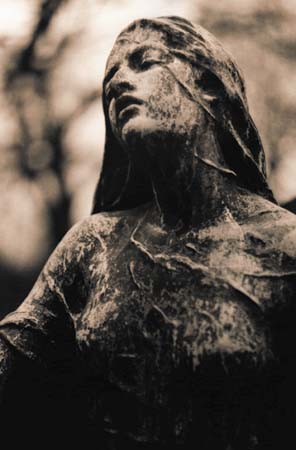The Appassionata
a new novel by Molly Dwyer
If stones could weep, would they not weep for the dead of Père Lachaise?
Four women: a fortuneteller, a composer, a mistress and a recluse. Four lives intertwined: point and counterpoint. Historical figures who lived passionately, loved recklessly, and inhabited Paris during a legendary time.
They kept company (and more) with some of Europe’s most fascinating men—each woman once extraordinary in her own right. Each woman now forgotten, lost, relegated to the ash heaps of history.
The Appassionata opens a window onto the age of Romanticism, the birth of Bohemianism: the cabarets and cafés, Montmartre and the Palais Royal, the Salons at the Louvre—music, art, words, revolution.
The men are famous, we know them: Victor Hugo, Franz Liszt, Frederick Chopin, Eugéne Delacroix, and Théodore Géricault, whose Raft of the Medusa hangs in the Louvre.
The women? Not so much.
Madame Lenormand speaks for herself: “By my sibyl’s blood, I am a fulcrum connecting past and present to future times. From gathering clouds, my visions forms even as the ink dries upon this smudged page. What they say of me is true: I had them all at my feet. Men of power. Yes, Robespierre frequented my parlor. I shuffled my deck for Napoléon. Indeed, they come to Madame Lenormand—from the common serving girl, to the sly mistress, to the delicate, gloved Chopin.” Factually true: Marie-Anne Lenormand is an historical figure, the author of fifteen books, only one of which has been translated into English.
Jeanne-Louise Farrenc’s heritage is Beethoven. Her symphonies, though little known, are passionate, dramatic and delightful. Her chamber music and piano scores includes a nocturne to rival Chopin. The first woman to teach in France’s prestigious Conservatoire de Musique where she had been prevented from studying as a young woman because of her sex.
Juliette Drouet was Victor Hugo's beautiful mistress. They remained lovers for fifty years. Juliette's love letters, thousands of which Hugo preserved, are poetic and telling.
Alexandra Caruel, the Baroness Saint Martin, has left us nothing except the whispered gossip of an illegitimate child, the son of Théodore Géricault. Incarcerated by her husband—the law on his side—she burned everything she wrote. She turned inward. What else could she do? She discovered her depths.
The Appassionata resurrects the sweeping vistas of a tumultuous time. Historians say of this period, it was a rare moment when art shaped politics. A novel that plays with the nature of time and consciousness, the meaning of artistic genius.
